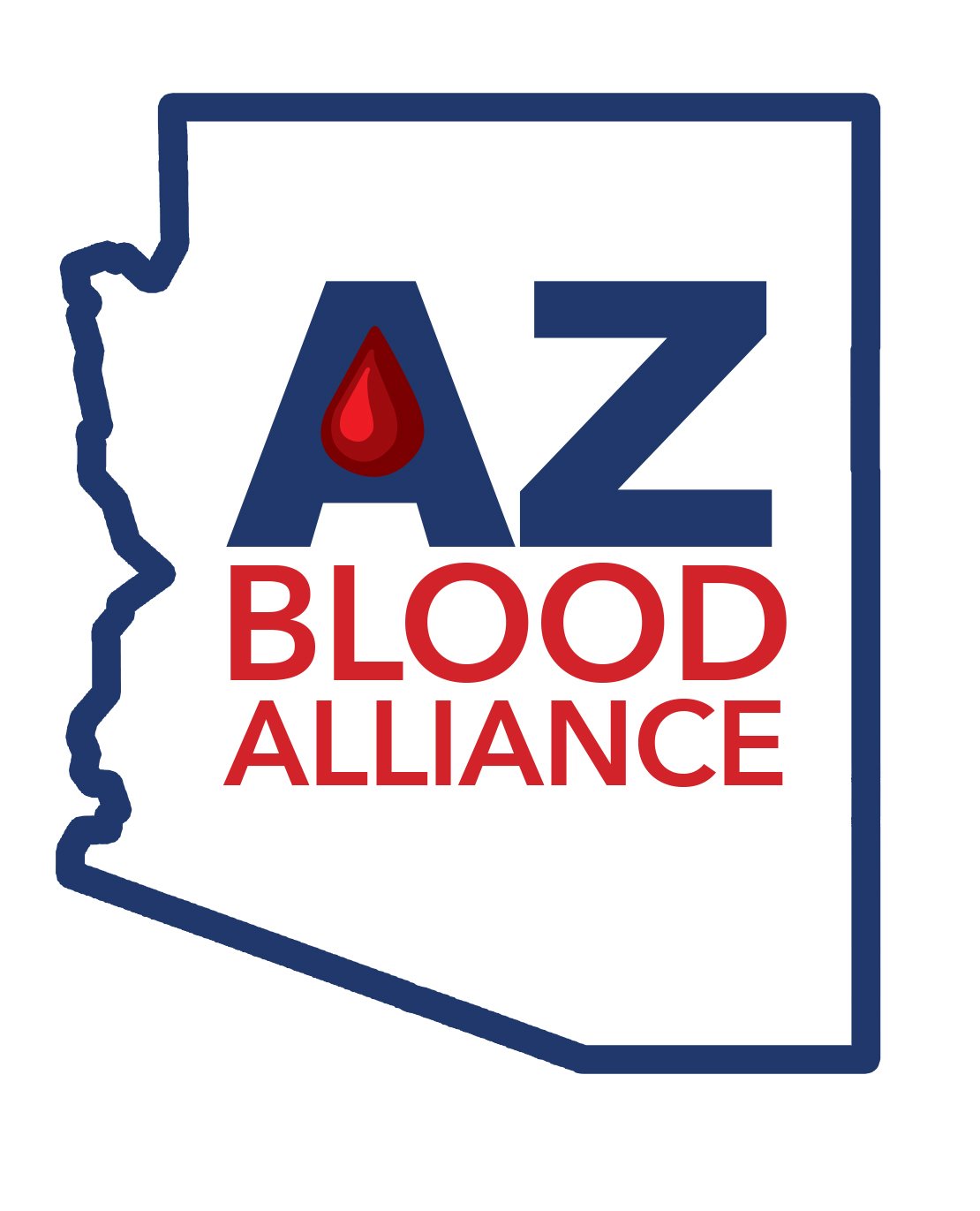Arizona Sickle Cell Association
Advocacy, Community & Education for Arizonans with sickle cell disease
The Arizona Sickle Cell Association is a subsidiary of the Arizona Blood Alliance. We are dedicated to serving Arizonans with sickle cell disease through advocacy, education and community events.
What is Sickle Cell Disease?
Sickle Cell Community Resources
-
Sickle cell disease is a group of inherited red blood cell disorders. Red blood cells contain hemoglobin, a protein that carries oxygen. Healthy red blood cells are round, and they move through small blood vessels to carry oxygen throughout the body.
In someone who has sickle cell disease, the hemoglobin is abnormal, causing the red blood cells to become hard and sticky, looking like a C-shaped farm tool called a “sickle.” Sickle cells die early, causing a constant shortage of red blood cell. When they travel through small blood vessels, they also get stuck and clog the blood flow, causing pain and other serious complications.
(CDC)
-
Signs and symptoms of sickle cell anemia usually appear around 6 months of age. They vary from person to person and may change over time. Some signs and symptoms include anemia, episodes of pain, swelling of hands and feet, frequent infections, delayed growth or puberty and vision problems.
(Mayo Clinic)
-
Management of sickle cell disease is focused on preventing and treating pain episodes and other complications. Sickle cell disease worsens over time and treatments are available to help prevent complications and lengthen the lives of those with this condition.
(CDC)
Community Updates
FDA Approves Sickle Cell Gene Therapy (December 2023)
On Dec. 8, 2023, the FDA approved two gene-based treatments for sickle cell disease, including the first therapy that uses the gene-editing technique CRISPR, opening a new era of treatments for genetic conditions.
The medicines, called Casgevy and Lyfgenia, are potential cures for people with sickle cell, a debilitating and life-shortening inherited red blood cell disorder that disproportionately affects African Americans.
Casgevy is the CRISPR-based treatment, made by Vertex Pharmaceuticals and Crispr Therapeutics; Lyfgenia, made by bluebird bio, uses an older gene therapy approach. Both were cleared for people 12 and older with histories of vaso-occlusive crises, painful events caused by the disease. Casgevy will cost $2.2 million for the one-time treatment, Vertex said in a regulatory filing, while Lyfgenia will cost $3.1 million.
This is great news for the sickle cell community and amplifies the need for advocacy to ensure patient access to these treatments.


